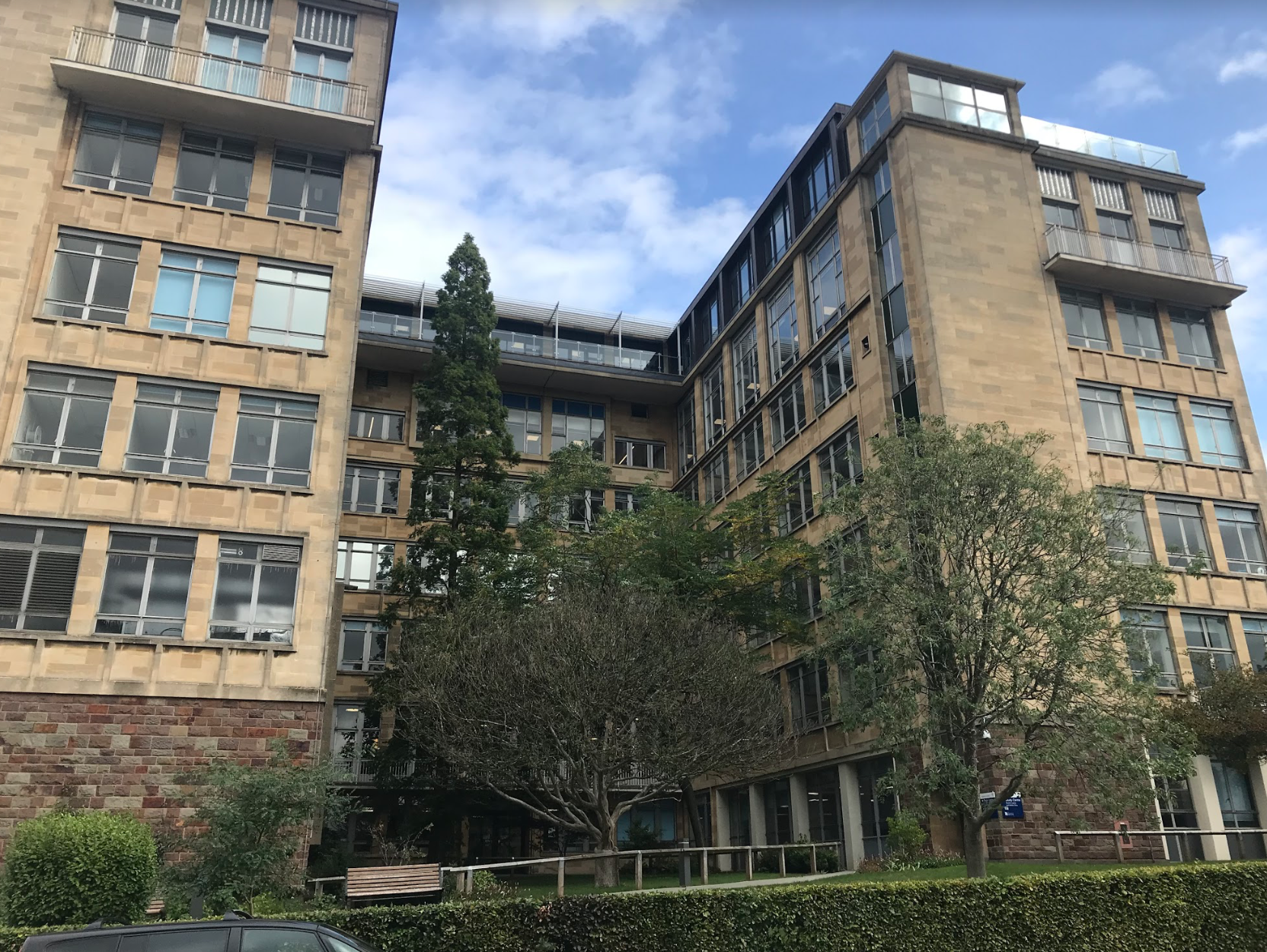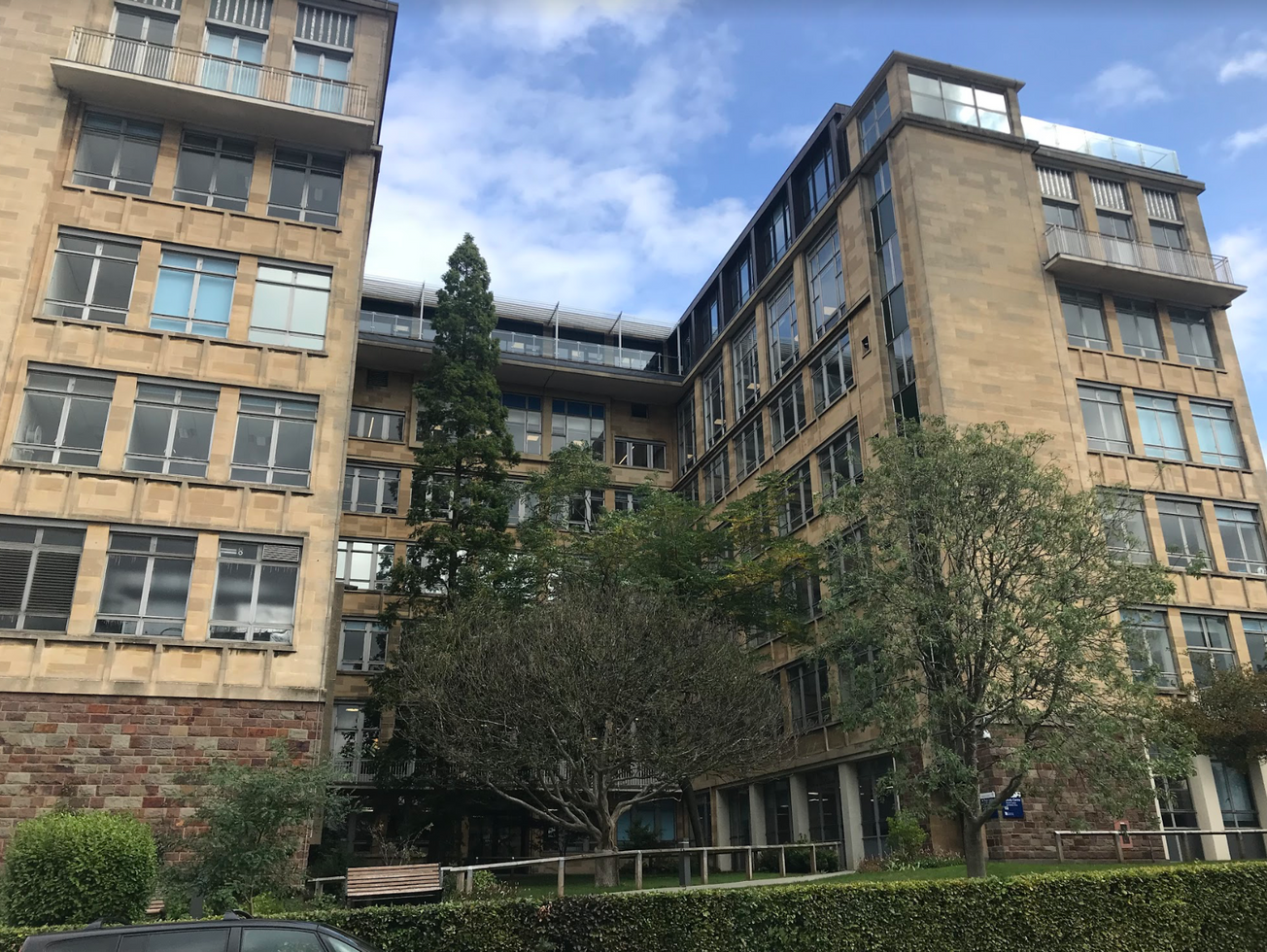By, Shama Gunning, Third Year, English
The term ‘decolonise’ really is everywhere in 2020. From Labour manifestos to branded T shirts the word has taken on a power of its own- despite many of us not knowing what it actually means.
In an attempt to liberate the word itself we can see it as the undoing of colonialism, specifically the British Empirical rule over almost two thirds of the word. But what place does decolonisation have in our syllabuses. Often when we appraise art and literature we consider it as separate from the political and societal circumstances it was made under. But is a book just a book? Is a painting nothing more than the work on the canvas?

Actually colonialism was such an insidious and powerful force that it infiltrated every aspect of the world it ruled- including the art and literature that was being made during that period. If we look at the canonical literature taught in schools and universities often the only descriptions of the global south, or indigenous peoples within them, are single faceted or less than human. If we teach these views without critical reproach they perpetuate the colonial opinions which led to justified oppression in the British empire.
On the other side of this conversation is the inclusion of texts that are written by non-British writers, including those in other languages. Other than American literature (because everyone had to read ‘The Great Gatsby’) we are rarely given an insight into literature from previously colonised countries. This is not because they do not exist. Despite what many are taught the Global south has always had a wealth of interesting and important texts that could easily be taught as part of the British curriculum today. If we are too lazy to reviews texts written in other languages not only do we erase entire cultures and experiences but we limit ourselves and what we can learn.
We need to remember that many young people in the UK come from ethnic minority backgrounds yet can never see themselves represented in the books they read or the art they view
Effectively we are choosing to blind the younger generation, denying them culture that in a global world should be free to everyone. A good example of this is the recent success of Parasite (dir. Bong Joon-ho). Once critics and audiences were willing to bypass the subtitles of the film they were rewarded with one of the most ground-breaking films of the past decade.
Other works of art and literature are no different- once we are willing to make the extra effort of reading translated texts we are introduced to some incredible pieces of literature that would otherwise be closed off from us.
Oxford Uni must decolonise its campus and curriculum, say students http://t.co/bDTIKtCGFJ
— The Guardian (@guardian) June 18, 2015
Also we need to remember that many young people in the UK come from ethnic minority backgrounds yet can never see themselves represented in the books they read or the art they view. Is this a fair experience in an education system which proposes to be equal to all? It does not seem representative that only white British children can learn about their history or written accounts of their own experiences. To create an entirely unbiased education system may be impossible but at least making sure all students see themselves in what they learn seems like a good first stem.
In including these texts however we have to avoid tokenism. Many modules aim to include one week or at least one work focusing specifically on women or BAME artists/writers. Although this is useful in adding a wider variety to the syllabus it does create a separation. The works of non-British creatives are othered by our education system when we include them only as a reprieve from the rest of the canonical works.
This suggests that the work of Black or Minority Ethnic writers, for example, is only useful or relevant because they are not white- rather than because they are good works of art. The intrinsic worth of all the work in the syllabus should be that they are useful in creating a holistic and complete education.
If we remove the blood-stained goggles of Colonialism not only do we have access to more than double the work we have currently been studying, but we get a more holistic version of the human experience. It seems every day our country is becoming more divided due to xenophobia, fear-mongering, and racism but making sure all students see both their own experiences and those of people very different from them is a good first step to breaking down these barriers.
Do you think more should be done to decolonialise our syllabuses









